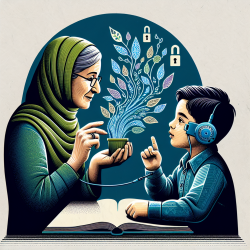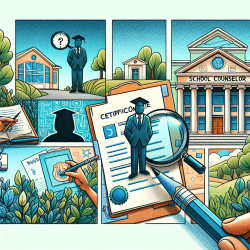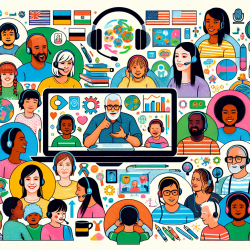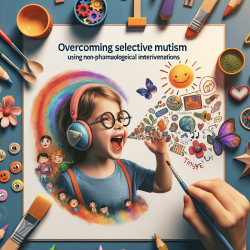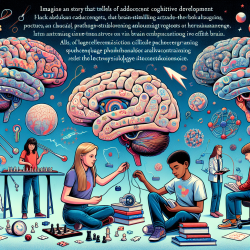As a Special Education Director, it's imperative to stay abreast of the latest research and best practices to provide the highest quality of education and support to our students. One particularly insightful resource is the book "The Young Deaf Child" (1999) by David M. Luterman, Ellen Kurtzer-White, and Richard Seewald. This comprehensive guide offers valuable perspectives and strategies for practitioners working with young children who have been newly identified with hearing loss.
The book is structured into six key chapters: Methodology, Early Detection, Programs, Early Intervention, Assistive Hearing Technologies, and Counselling. Each chapter provides a blend of professional experiences and literature reviews, making it a compelling read for educators and therapists alike.
Here are some actionable insights from "The Young Deaf Child" that can help practitioners enhance their skills and improve outcomes for their students:
- Embrace Parent-Centered Care: The book emphasizes the importance of truly parent-centered care. Practitioners should ensure that parents are at the heart of the decision-making process. This involves active listening, empathetic communication, and providing parents with the knowledge and resources they need to make informed decisions about their child's care.
- Early Detection and Intervention: Early detection of hearing loss and prompt intervention are crucial. Implementing comprehensive screening programs and ensuring timely follow-up can significantly impact a child's language and cognitive development. Practitioners should advocate for and participate in early detection initiatives within their communities.
- Collaborative Approach: Effective early intervention often requires a multidisciplinary approach. Collaboration between audiologists, speech-language pathologists, educators, and other professionals is essential to create a cohesive and supportive environment for the child. Regular team meetings and shared goals can enhance the effectiveness of interventions.
- Focus on Functional Outcomes: While technological advancements in hearing aids and cochlear implants are important, the ultimate goal is to improve the child's functional communication skills. Practitioners should focus on practical outcomes, such as the child's ability to understand and use language in everyday situations.
- Ongoing Professional Development: Staying informed about the latest research and best practices is vital. Attending conferences, participating in webinars, and engaging in professional networks can help practitioners stay current and continuously improve their skills.
By implementing these strategies, practitioners can better support young deaf children and their families, leading to improved educational and developmental outcomes.
To read the original research paper, please follow this link: The Young Deaf Child (1999)
